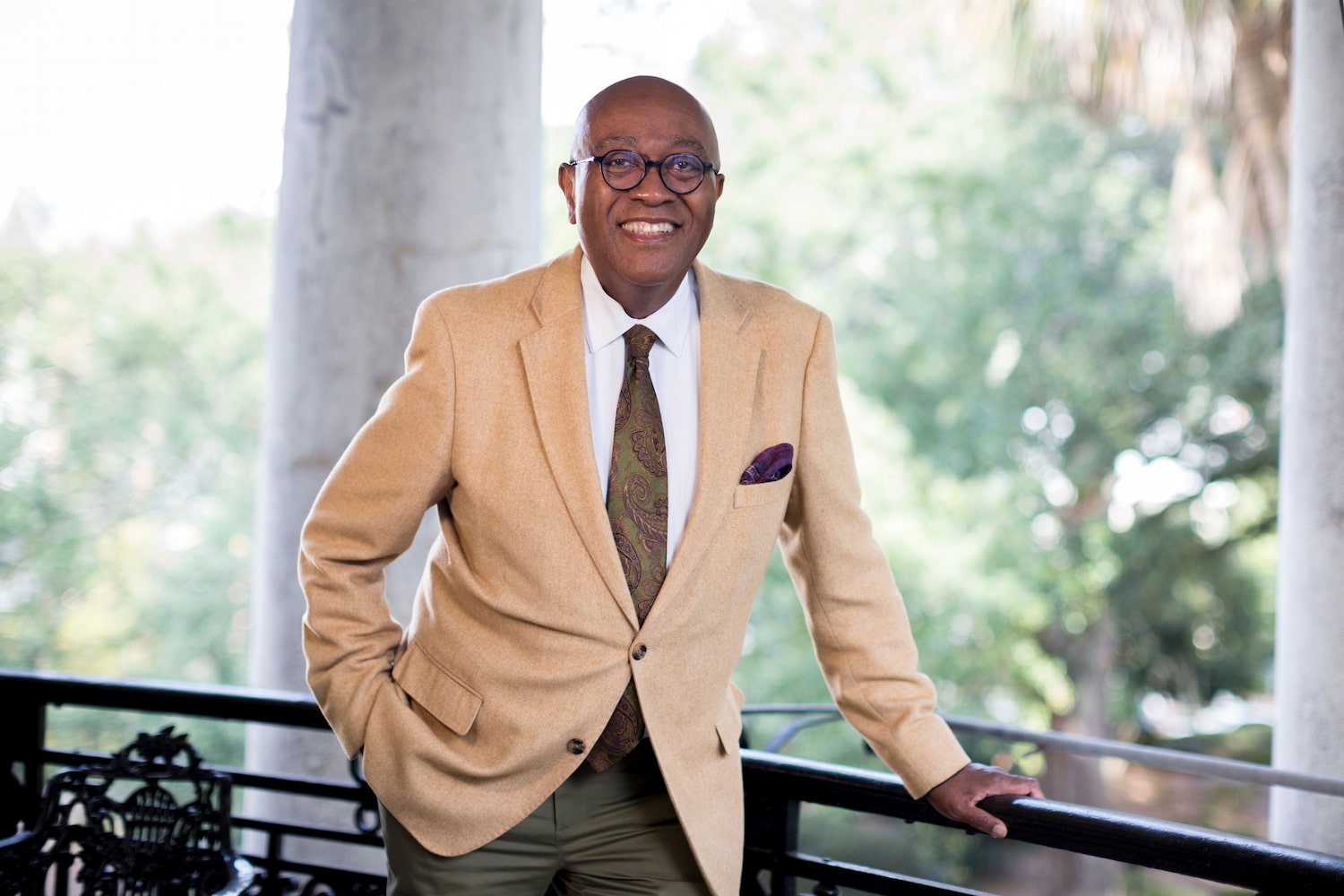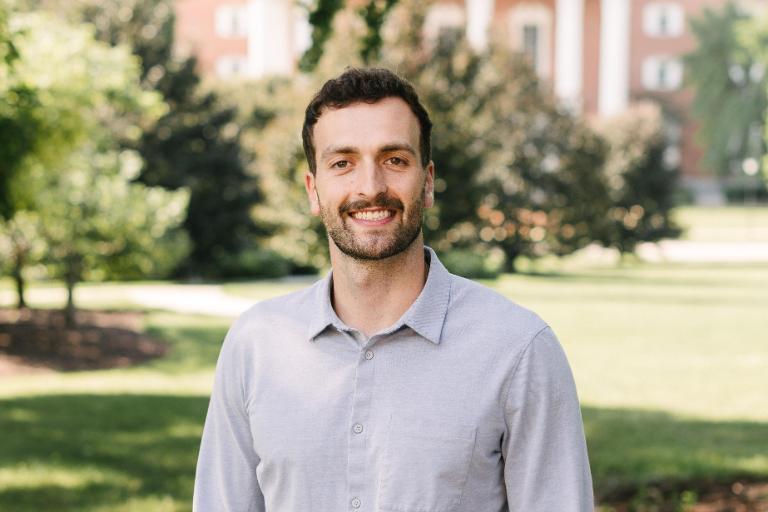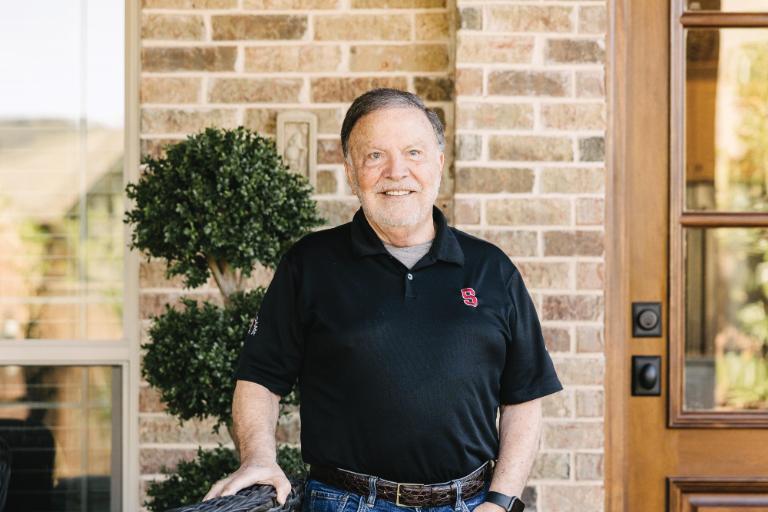Putting Students First
As the first African American School Board President of Savannah-Chatham County in Georgia, Roger Moss ’77 is a stalwart advocate of removing barriers to education for students from lower-income families.
Words: Charles Hermesmann ’22
When Roger Moss ’77 was campaigning to become the next Savannah-Chatham County School Board President in Georgia, he committed himself to a simple principle: Students First. In May, Moss was elected the first African American to hold this position.
Landing here was not accidental, but personal: His grandmother was one of the few people who could read in her Alabaman small town, a skill that allowed her and Moss’s grandfather to purchase family property. “She always told her kids and grandkids that education is power, so my cousins and I have all been on that path of promoting education,” Moss said. To this day, Moss holds to those early principles, bringing academic and social justice to every child in his community.
Moss is no stranger to leadership in the area of child advocacy and education. His new role is the culmination of years spent working with children’s programs in various capacities. For example, he founded the Savannah Children’s Choir in 2006 to gather a diverse group of singers from all walks of life and educational backgrounds. The choir has been successful not only in directing students musically, but also educationally: All choir members must retain a grade of “B” or above in their classes.
This “culture of excellence” has contributed to 99 percent of former participants going on to higher education. In addition, the choir has sent its members to eight different countries to perform. Moss ensures that all students can participate, regardless of family income. “It has been a life-changing organization for quite a few kids,” he said. As school board president, Moss hopes to bring similarly high standards and expectations to all children across the region as part of his belief in the high potential of students in lower-income districts.
Moss was also a founding member of Savannah Classical Academy, a Title I charter school which serves primarily lower-income families. From the outset, the school’s leadership was dedicated to creating a culture of excellence before even beginning academic studies. Each students’ education is grounded in a discussion of eight virtues, which Moss credits for driving an educational and cultural shift. “Seventy-five to 80 percent of our kids are on free or reduced lunch,” he said. “But we believe that classical education can work there.”
For Moss, a “Students First” mentality is crucial in the current political culture surrounding education. As school board president, he desires to continue honoring parents, but primarily strive for “a school system where every child in every school is having a quality education.” He acknowledges the problems that exist in the current education system, where school quality is largely linked to an area’s socioeconomic status, but in response to low reading levels amongst elementary students, Moss affirmed, “We can change that.”
Although Moss’s philosophy of education emphasizes a standard of excellence, he affirms that “failure is okay when you learn from it.” After graduating from Wheaton with a degree in communication, he worked in marketing and advertising roles for 20 years—what he describes as a series of successes and failures—before landing in his current field. He recognized the relevance of his undergraduate education on the campaign trail, believing his campaign was successful because of the training he received at Wheaton, particularly while studying under Dr. Emory Griffin, professor emeritus of communication. “It’s funny how full circle I’ve come,” Moss said, “from someone who never thought he’d work with children to that becoming a number one priority for me — that children would have an exceptional education.” Moss sees interpersonal communication skills as essential both on the campaign trail and in his day-to-day role as school board president.
Moss is already at work creating a more equitable school system in Savannah and Chatham County. One of his initial goals is to improve access to bus transportation for lower-income students attending choice schools. Funding was recently cut for the bus transportation system due to a labor shortage, but Moss is committed to building long-lasting change and creative solutions. He firmly believes a school board’s role is to “keep the superintendents accountable.” To that end, “Are we actively committed to providing an exceptional education?” has become a foundational question for his work, both in curriculum decisions and logistical challenges like bus routes. After years of navigating the fields of marketing, music, and communication, Moss has found a home in advocacy work for the children and families of Chatham County, Georgia.





